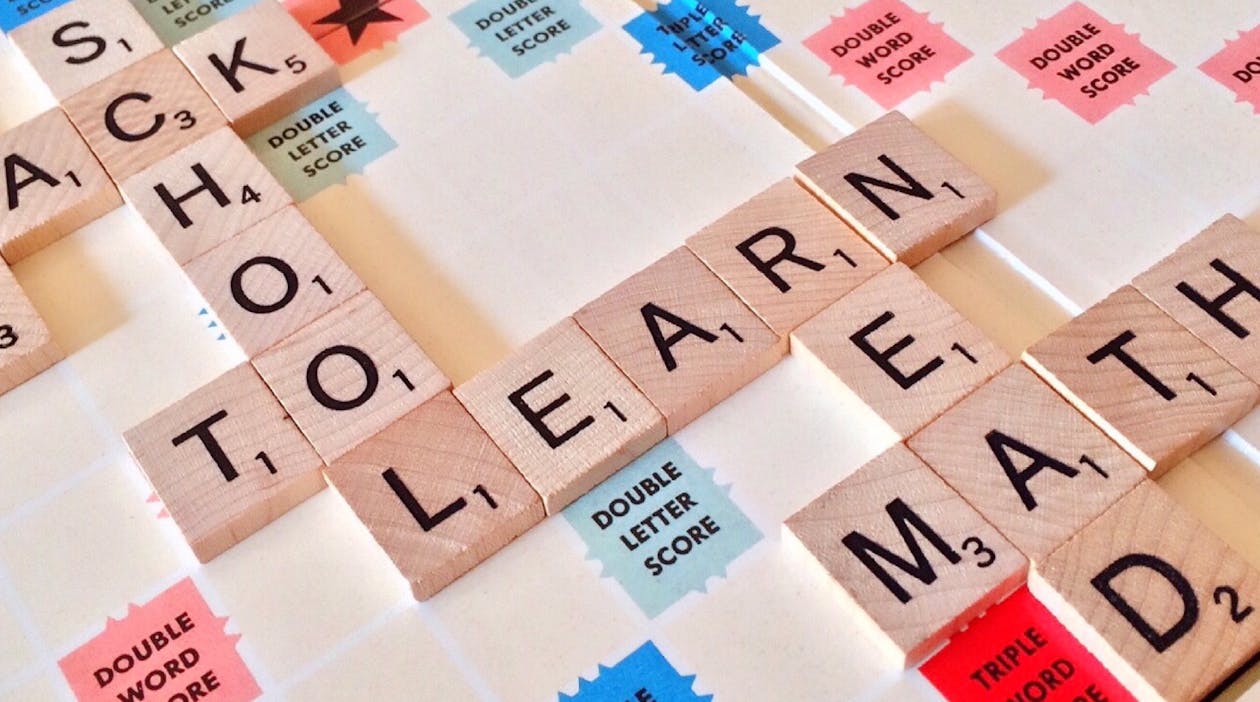Introduction:
In the ever-evolving landscape of education, understanding
the diverse ways in which individuals learn is paramount to fostering an
environment where everyone can succeed. Learning strategies are techniques or
approaches employed by learners to acquire, process, and retain information.
These strategies vary widely, catering to different learning styles and needs.
Here, we delve into three major types of learning strategies: Cognitive,
Metacognitive, and Motivational. Each plays a distinct role in the learning
process, contributing to a comprehensive understanding of how we can optimize
education.
Cognitive Learning Strategies
Cognitive learning strategies are fundamental tools that aid
in the processing and organization of information. These strategies encompass
techniques such as summarization, elaboration, and the use of mnemonics.
. Summarization involves condensing information into a
concise form, highlighting the key points and main ideas. This helps learners
to focus on the most important aspects of the material, enhancing understanding
and retention. For example, after reading a chapter in a textbook, a student
might summarize the content in a few sentences, capturing the essence of what
was learned.
. Elaboration is the process of connecting new information
to existing knowledge. This could involve explaining concepts in one's own
words, creating analogies, or drawing diagrams. By relating new information to
what they already know, learners can deepen their understanding and make the new
knowledge more meaningful.
. Mnemonics are memory aids that help learners recall
information through patterns, acronyms, or rhymes. For instance, the mnemonic
"HOMES" helps students remember the Great Lakes: Huron, Ontario,
Michigan, Erie, and Superior. These devices make it easier to retrieve
information from memory, especially when dealing with large amounts of data.
Metacognitive Learning Strategies
Metacognitive learning strategies involve self.regulation
and reflection on the learning process itself. These strategies help learners
to plan, monitor, and evaluate their learning activities, ensuring that they
are effective and efficient.
. Planning involves setting goals, selecting appropriate
strategies, and allocating resources. Before starting a study session, a
student might decide what topics to cover, how much time to spend on each, and
which resources to use. Effective planning helps to create a structured
approach to learning.
. Monitoring is the ongoing awareness of one's comprehension
and performance. During the learning process, learners might ask themselves
questions like, "Do I understand this concept?" or "Am I staying
on track?" This self.assessment allows them to adjust their strategies as
needed, ensuring they remain focused and productive.
. Evaluating involves reflecting on the learning experience
after it has occurred. Learners assess what worked well, what didn't, and how
they can improve in the future. This reflection helps to refine their approach,
making future learning more effective. For example, after an exam, a student
might review their study methods to identify areas for improvement.
Motivational Learning Strategies
Motivational learning strategies are designed to enhance
learners' engagement and persistence. These strategies focus on building a
positive attitude towards learning, setting achievable goals, and maintaining
motivation.
. Setting Goals provides learners with clear, attainable
objectives. Goals can be short.term, like completing a specific assignment, or
long.term, such as mastering a subject. By setting goals, learners have a clear
target to aim for, which can increase their motivation and focus.
. Self.Encouragement involves positive self.talk and
maintaining a growth mindset. Learners who believe in their ability to improve
are more likely to persist through challenges. Encouraging oneself with
statements like "I can do this" or "I'm getting better with
practice" can boost confidence and resilience.
. Finding Relevance involves connecting the material to
personal interests or real.world applications. When learners see how the
information relates to their lives or future goals, they are more likely to
stay engaged and motivated. For instance, a student interested in environmental
science might be more motivated to learn about chemistry if they understand its
relevance to solving ecological problems.
Conclusion
Understanding and employing these three types of learning
strategies—Cognitive, Metacognitive, and Motivational—can significantly enhance
the educational experience. Each strategy offers unique benefits, helping
learners to process information more effectively, self.regulate their learning,
and stay motivated. By incorporating a mix of these strategies, educators can
create a more inclusive and effective learning environment, enabling all
students to achieve their full potential.





if you have any doubt please let me know